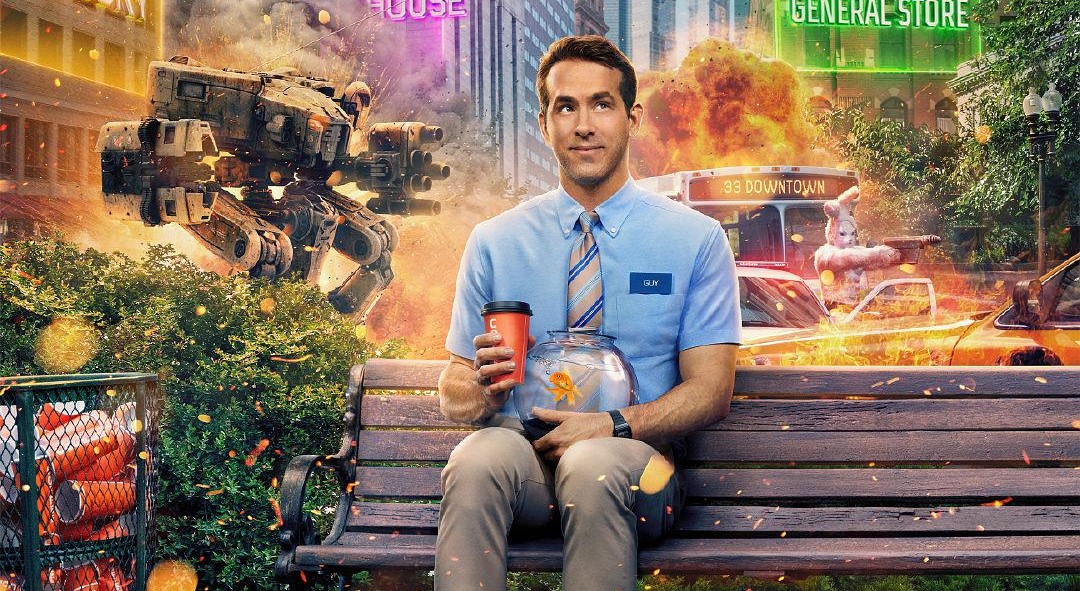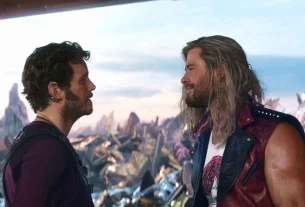How do humans face the challenges from Androids?
This is an issue raised by American science fiction writer Philip K. Dick in his novel “Do Androids Dream of Electric Sheep?” published in 1968.
“Do Androids Dream of Electric Sheep?” was later adapted into the science fiction movie “Blade Runner”.
“Blade Runner” had a profound influence on subsequent films such as “The Thirteenth Floor” and “The Matrix”.
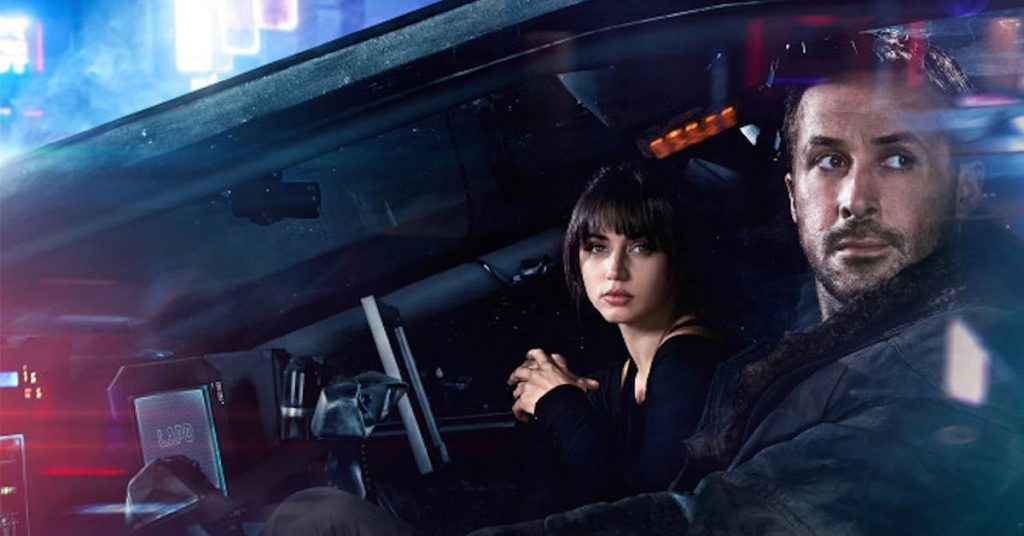
The reason why it is called “challenge” is because the awakening of Androids has broken the inherent boundary between humans and robots.
Related Post: “Free Guy” releases new poster for it’s online streaming .
In “Do Androids Dream of Electric Sheep?”, Androids specifically refers to humanoid-like robots made of biological materials.
In addition, Robot is often used to describe robots, mainly referring to mechanical devices composed of steel bodies, such as the T-800 in “Terminator”.
Related Post: The “controllable player” behind “FREE GUY”.
With the rapid advancement of artificial intelligence technology, the non-physical code that survives in cyberspace has become increasingly “human”, such as NPCs in computer games.
NPC is the abbreviation of “non-p character”, that is, “non-player character”, which is an image that is pre-edited and driven by a computer program.
The NPC is in the background of the game and completes the game with a character controlled by a human player.
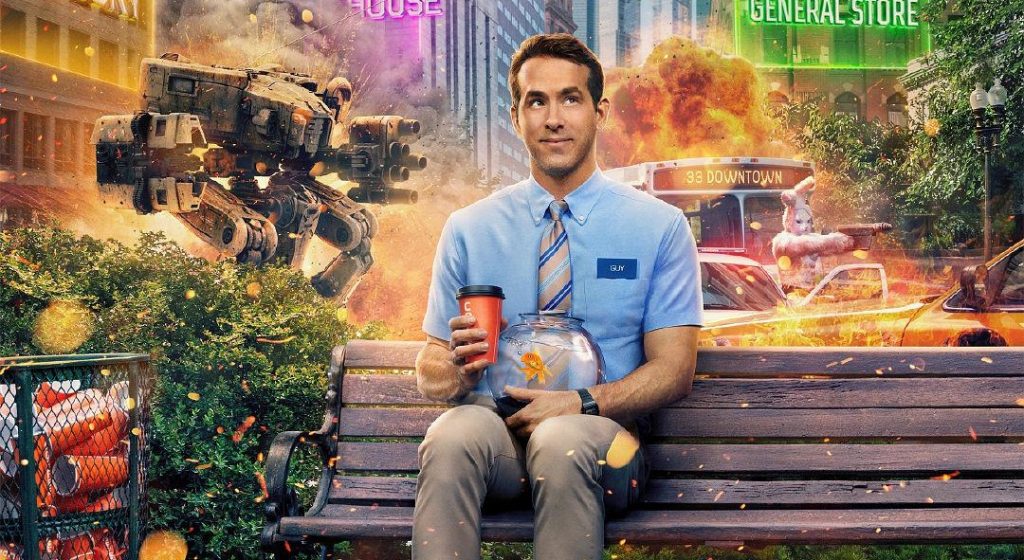
“Free Guy”, released not long ago, tells a science fiction story about NPC awakening/out of control.
Whether it’s Androids, Robots, or NPCs, they are all “non-humans” created by humans with artificial intelligence.
This means that this intelligence is limited and prescribed.
In this sense, humans are masters and they are servants.
Related Post: “FREE GUY”: “Out of control” is also a kind of “Free”.
Human beings are the center, they are subsidiary.
Humans make and manage them, they obey and serve humans.
This antagonistic dual structure maintains anthropocentrism, behind which lies the natural gap between people and things (animals, plants, machines, etc.).
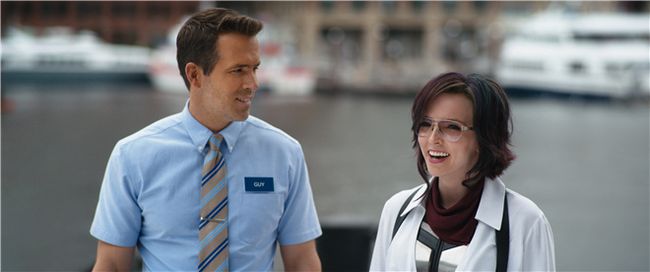
That is, human beings are the subject of reason and can think independently.
This is the biggest difference between us and other animals.
The awakening of robots broke this stable structure, and they began to have independent logic and choices.
For example, in “Free Guy”, the “NPC” Guy broke a series of “prescribed actions” such as getting up to say good morning, drinking fixed-flavored coffee, and lying down quickly in a robbery.
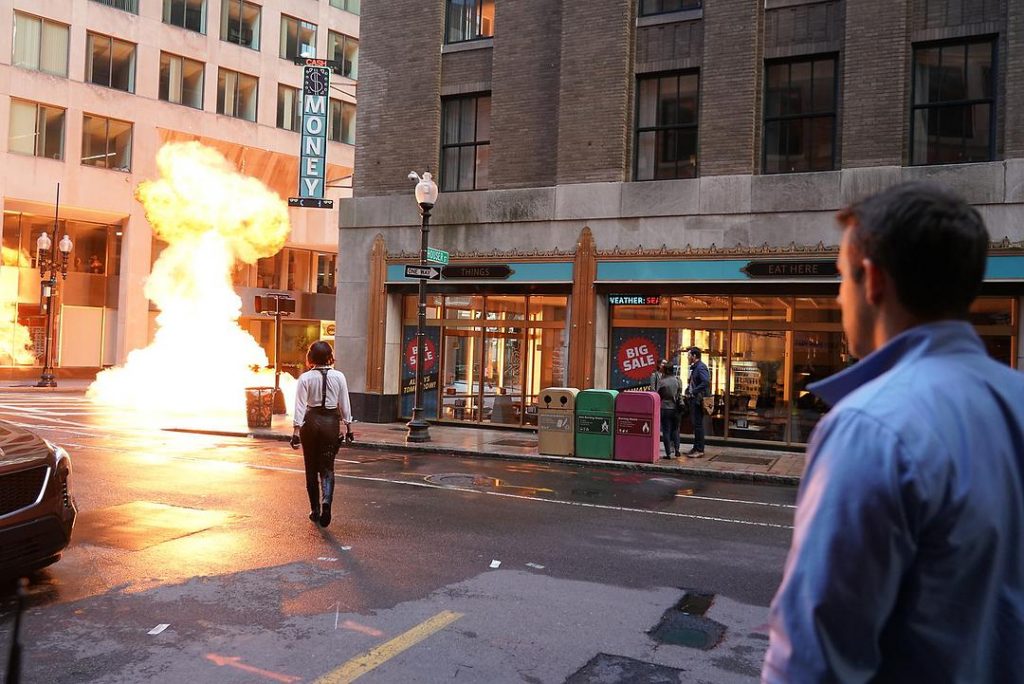
He began to try new clothes, new tastes, and stopped following the instructions of game players.
“Free will” is an important symbol of being a person.
But in “Liberty City”, the real “free” should be the human players who log in to the game, not Guy as an NPC.
When Guy wears functional glasses that can only be used by human players, it heralds the collapse of the human-machine division.
Intriguingly, Guy’s awakening was activated by Millie, his dream lover.
Settings that give robots emotions and even emotional freedom are not uncommon in classic movies.
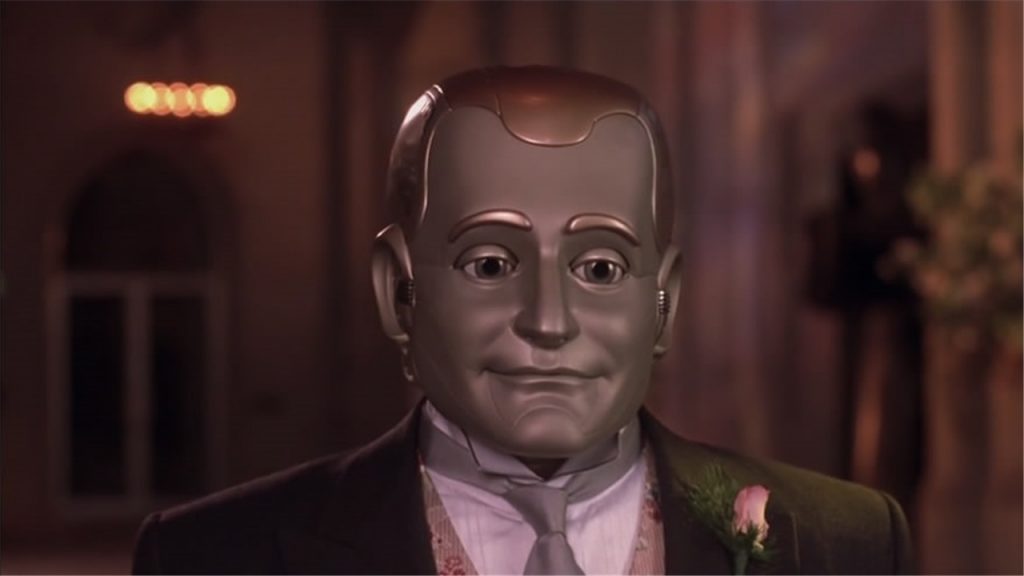
For example, “Bicentennial man” released in 1999, it explored the difference between robots and humans in great detail.
Andrew the robot fell in love with humans and longed for his identity.
After satisfying the conditions set by the Federal Court one by one, he got what he wanted.
But the price is to gradually replace its machine body with human flesh and blood organs.
In other words, it has to accept all human standards-including limited life and weak body.
A similar setting also appeared in “The Thirteenth Floor” which was also released in 1999.
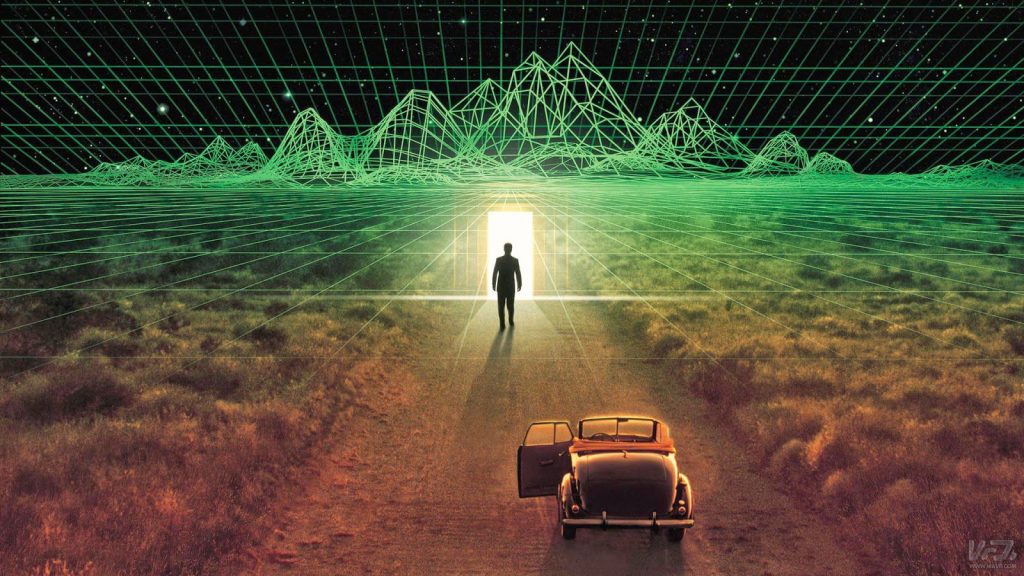
Hall, the protagonist who is also an NPC, is “downloaded” into the human mind. He reversed the position of the body and the projection, and lived in the real world “dove occupying the magpie’s nest”.
This setting can be regarded as a promotion of humanism, reaffirming the goodness of human nature, and correcting human misconduct.
“The Thirteenth Floor emphasizes that kind people are more worthy of living in a happy and fertile soil, thereby consolidating the superiority of mankind.
This actually constitutes the anthropocentrism in science fiction movies-the ultimate goal of robots is to become a human being.
Only in this way can we enjoy all the rights and obligations of the highest species on earth.
At this level, the American drama “Westworld” goes further.
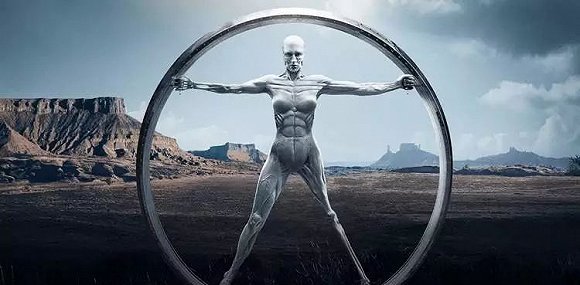
Although it defines the awakening of robots as the recovery of “humanity”, even this recovery stems from their dreams (Freud’s so-called self-existence domain is also the place where humans learn about autonomous emotions).
In the dream, the memory awakens, the human preset program is confused and invalid, and the robot becomes its own master.
This seems to be talking about “human nature”, but at the same time, the “self” of robots (ie “robot nature”) is also being discussed.
They may encounter identity confusion, but eventually accept their “self” and do not intend to become humans.
“The Cyborg Manifesto” by American philosopher Donna Haraway provides us with an important theoretical perspective for reexamining the “hybrid” state of man and machine, man and nature in the post-human context.
“Cyborg” means “man-machine in one”.
Maybe we don’t have to worry about “what is human” or “the essence of human being” at all, but we should embrace the new era with an open perspective and attitude.
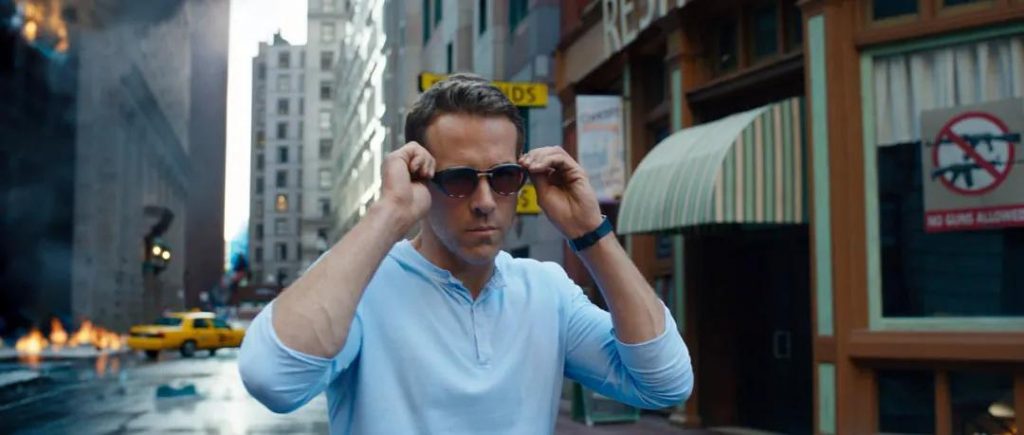
But this kind of outlook does not mean that we do not need to reflect. The British drama “Black Mirror” is a very in-depth and enlightening reflection on this topic.
Humans will encounter a crisis of alienation in the post-human era, so we should properly handle the relationship between humans and media, technology, and robots.
On the positive side, humans will also get inspiration from robots, regain their inspiration and original intentions.
This is probably where Guy is most valuable as a “tool man”.
“Free Guy” uses a lot of space to render and depict the wonderful emotions of Guy and the heroine, but it does not arrange Guy to become a human being like “Bicentennial man” and “The Thirteenth Floor”.
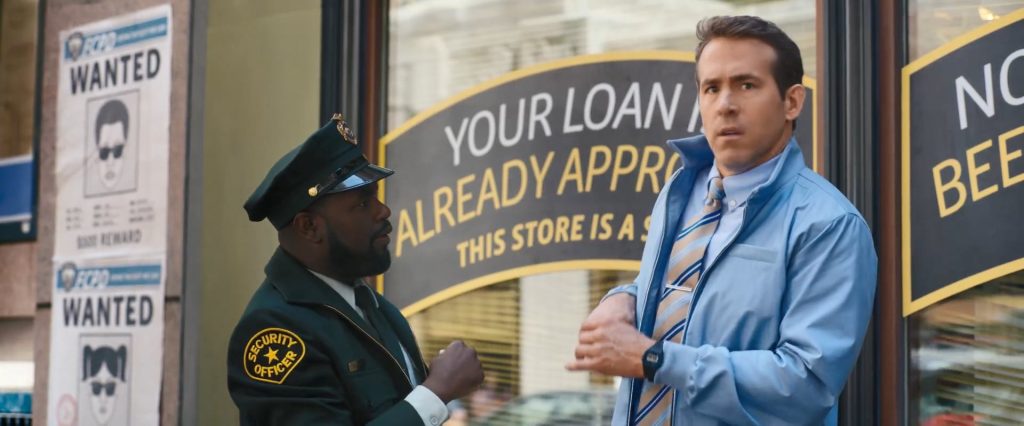
This of course stems from the fact that Guy’s maker “Keys” is not a bad guy. But more importantly, Guy accepted his own setting as code and enjoyed it.
In the end, Guy promoted the combination of the heroine and the “real human” as a “tool man”.
In the film’s handling of this seemingly “love triangle”, the lack of narrative presents embarrassment and reluctance, which leads to the failure of the audience’s emotional identity.
“Split Love” is the shortcoming of “Free Guy” on the narrative and plot level, and the simplification of thematic thinking is based on the film’s own positioning.
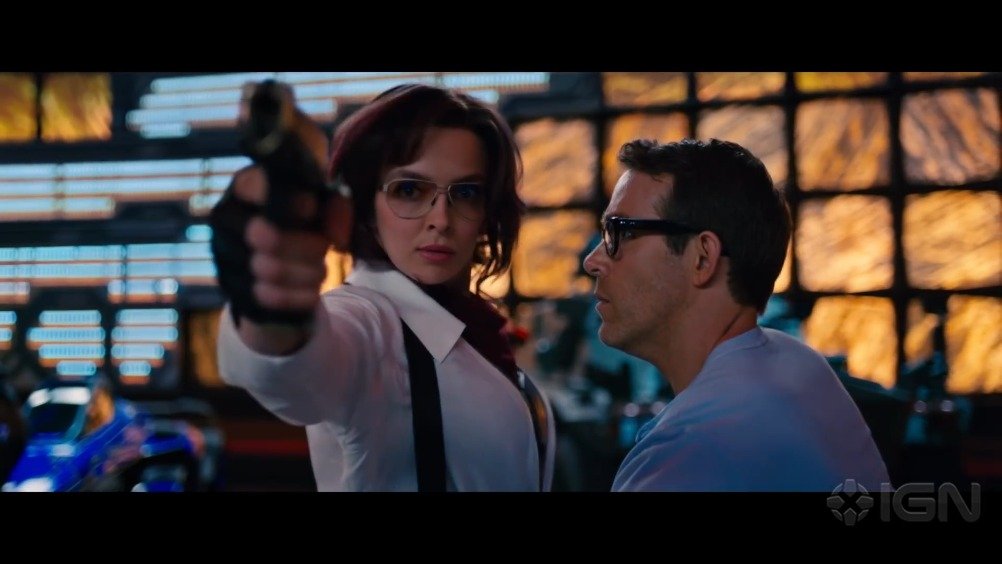
Regardless of some impatience settings in the film, the handling of robot awakening, robot positioning and robot love is relatively sloppy.
However, we may not be able to make higher demands on the entertainment movies of “Family Huan”.
In fact, “Free Guy” has given enough respect to the game world/virtual world and NPC.
The so-called “Guy” has its own emotions, anger, sorrow, and joy, just like ordinary “workers.”
If we don’t treat them well, they will go on strike.
This is the most thought-provoking aspect of “Free Guy”.
Related Post: “Free Guy”: Actually a love tragedy.
